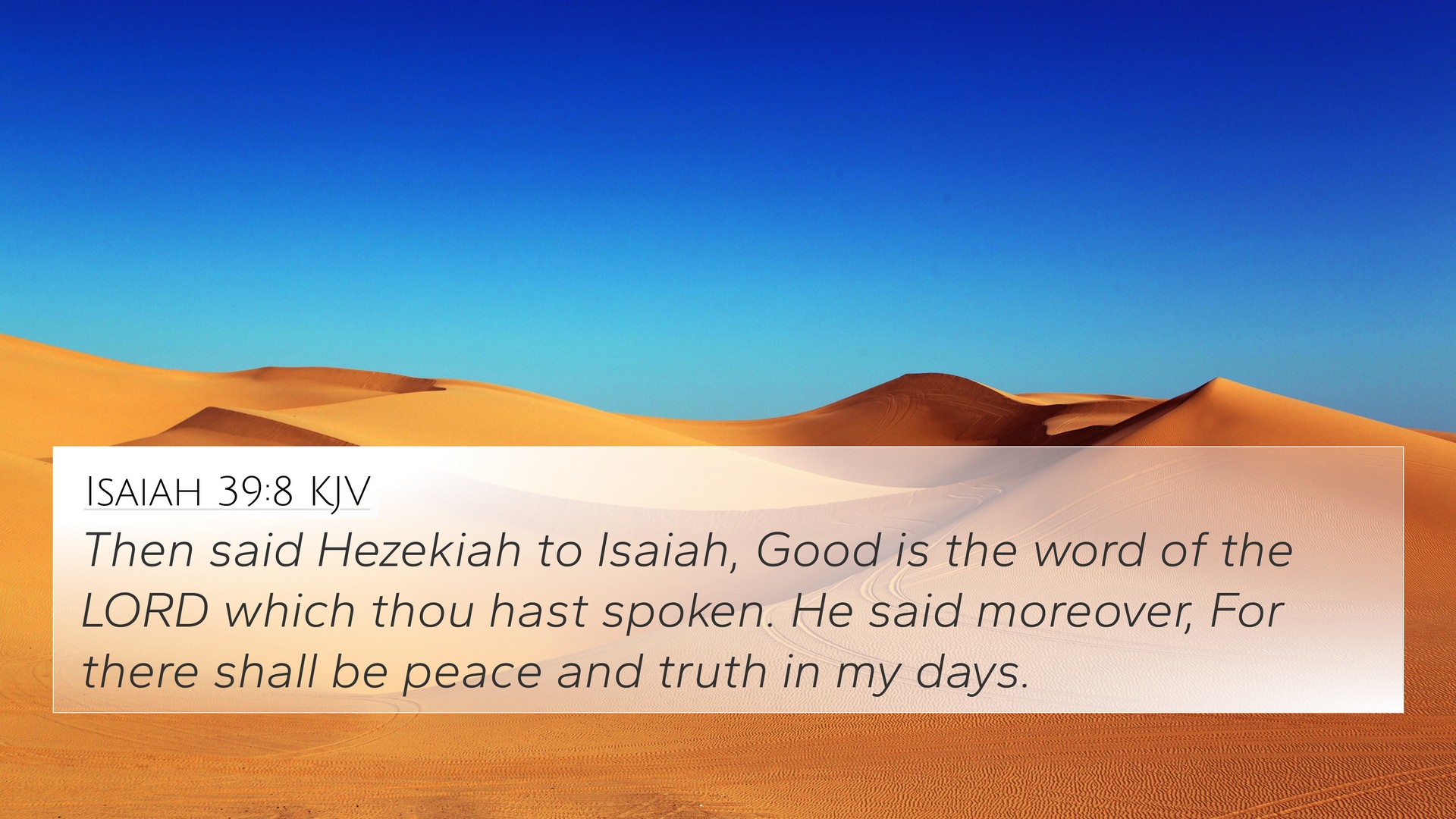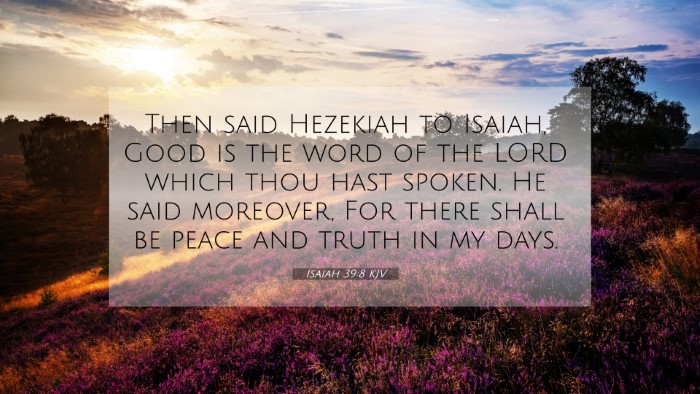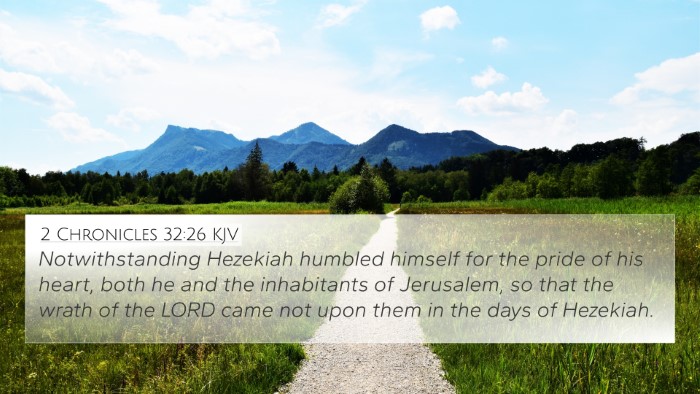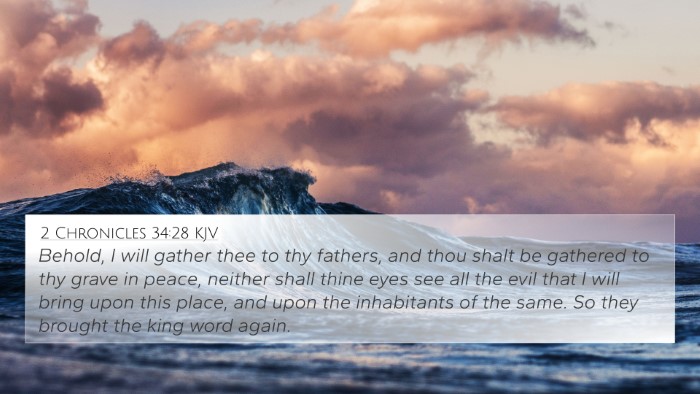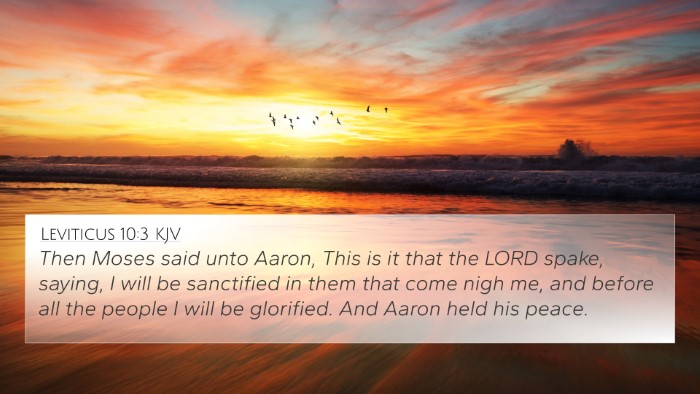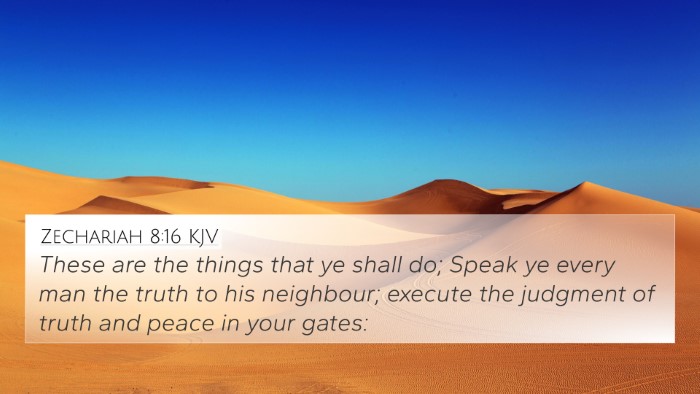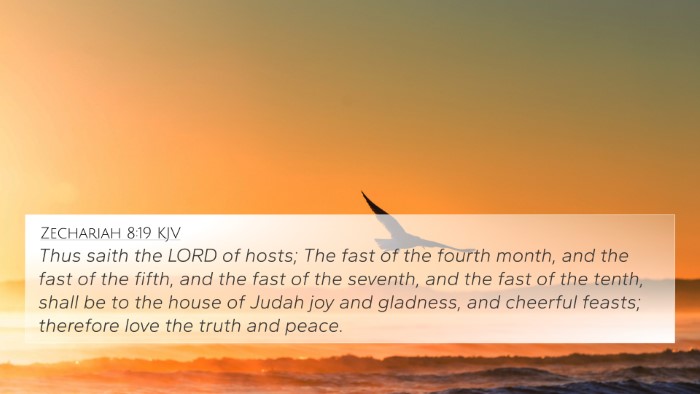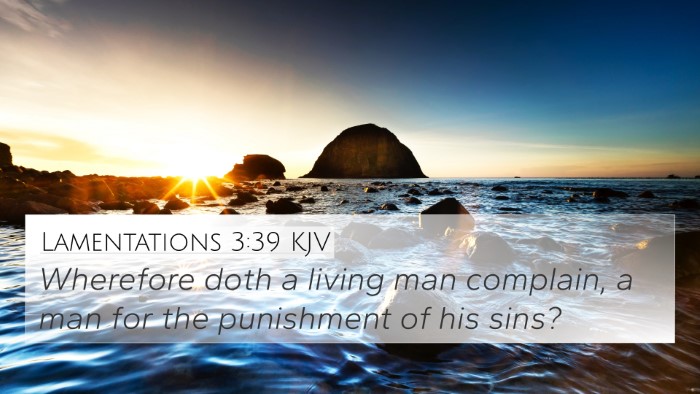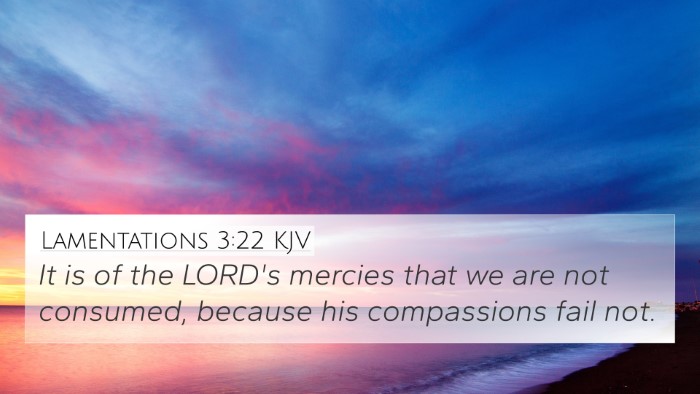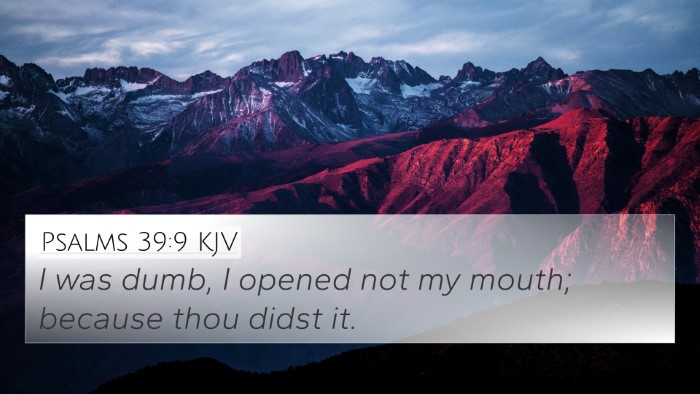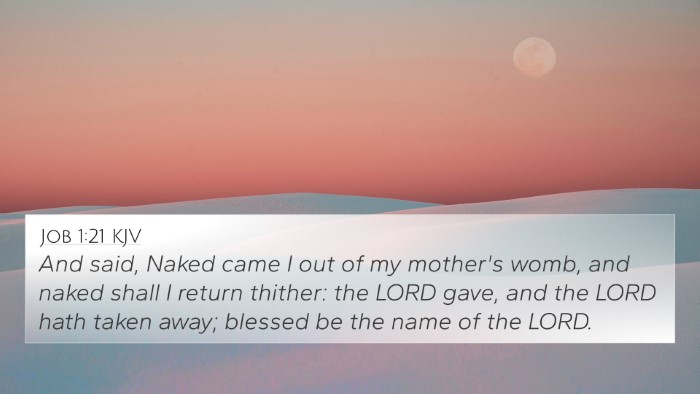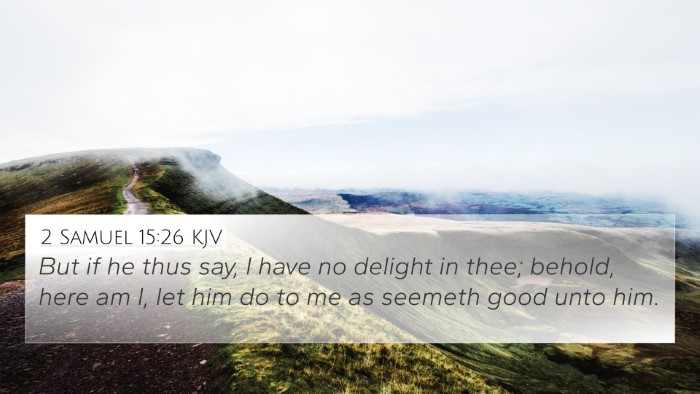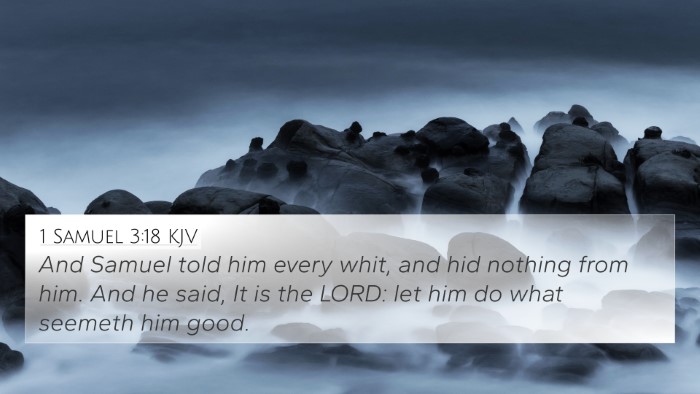Understanding Isaiah 39:8
Isaiah 39:8 states: "Then said Hezekiah to Isaiah, 'Good is the word of the Lord which thou hast spoken.' He said moreover, 'For there shall be peace and truth in my days.'" This verse serves as a poignant conclusion to a pivotal moment in Isaiah's prophetic ministry concerning King Hezekiah and the fate of Judah. The insights from public domain commentaries shed light on the broader implications and meanings of this scripture.
Summary of Commentary Insights
-
Comparison with Previous Events:
Hezekiah's response to Isaiah follows a grim prophecy regarding Judah’s future, revealing a complex character who finds comfort in the immediate peace promised for his reign. This duality highlights a frequent theme in the scriptures of God's promise versus human concern.
-
Hezekiah's Faith:
Commentators like Matthew Henry emphasize Hezekiah's faith in God's word, noting that even in the face of dire predictions, he chooses to focus on the good that will come during his days. This reflects a deep-seated belief in divine timing and Providence.
-
The Implications of Peace:
Albert Barnes points out that Hezekiah is grateful for the temporary peace granted to him, indicating a realization that despite future tribulations, God’s mercy allows a moment of calm. This serves as a thematic connection to the broader biblical narrative of God’s interactions with humanity.
-
Contrasting Perspectives:
Clarke elaborates on the contrasts in Hezekiah's outlook—expressing gratitude while perhaps showing a lack of concern for the impending trials faced by future generations. This perspective encourages readers to engage in deep reflection on their responsibilities toward the future.
Cross-References and Connections
Isaiah 39:8 connects with various other scriptures, enriching our understanding of its message. Below are some insightful cross-references:
- Isaiah 37:30 - Assurance of deliverance and a sign from God.
- 2 Kings 20:19 - Hezekiah acknowledges future outcomes with a similar sentiment.
- Jeremiah 29:7 - Encouragement to seek peace in the city they inhabit.
- Romans 12:18 - The call for peace and harmonious living among one another.
- Philippians 4:7 - The peace of God guarding our hearts.
- Psalm 85:10 - A reflection on how mercy and truth meet in God's plan.
- Ecclesiastes 3:17 - Understanding that God will judge both good and evil times.
- 2 Chronicles 32:24-26 - A deeper insight into Hezekiah's reliance on prayer during a crisis.
- Matthew 5:9 - Blessed are the peacemakers, drawing on the theme of peace throughout Scripture.
- Luke 19:42 - Jesus expressing lament over future tribulations, echoing Hezekiah's sentiments concerning peace and future challenges.
Conclusion
In conclusion, Isaiah 39:8 encapsulates the duality of human response to divine prophecy—tension between immediate peace and future consequences. By applying tools for Bible cross-referencing, such as a Bible concordance or cross-reference guide, believers can explore these connections further. The verse encourages us to reflect on how we approach God's messages, the importance of peace, and our responsibilities towards future generations in light of divine assurances.
Further Reflection
As we delve deeper into Isaiah 39:8, consider these reflective questions:
- What can we learn about our response to God's word?
- How do we reconcile the peace we experience with potential future trials?
- In what ways can we cultivate a lasting peace that extends beyond our own lives?
Exploring Cross-Referencing Methods
For those seeking to understand the theme of peace in the Bible or to find connections between Bible verses, the following tools can be invaluable:
- Bible Concordance: Useful for locating verses by keywords.
- Cross-Reference Bible Study Guide: Helps identify links between scriptures.
- Comprehensive Bible Cross-Reference Materials: Provide detailed connections across verses.
